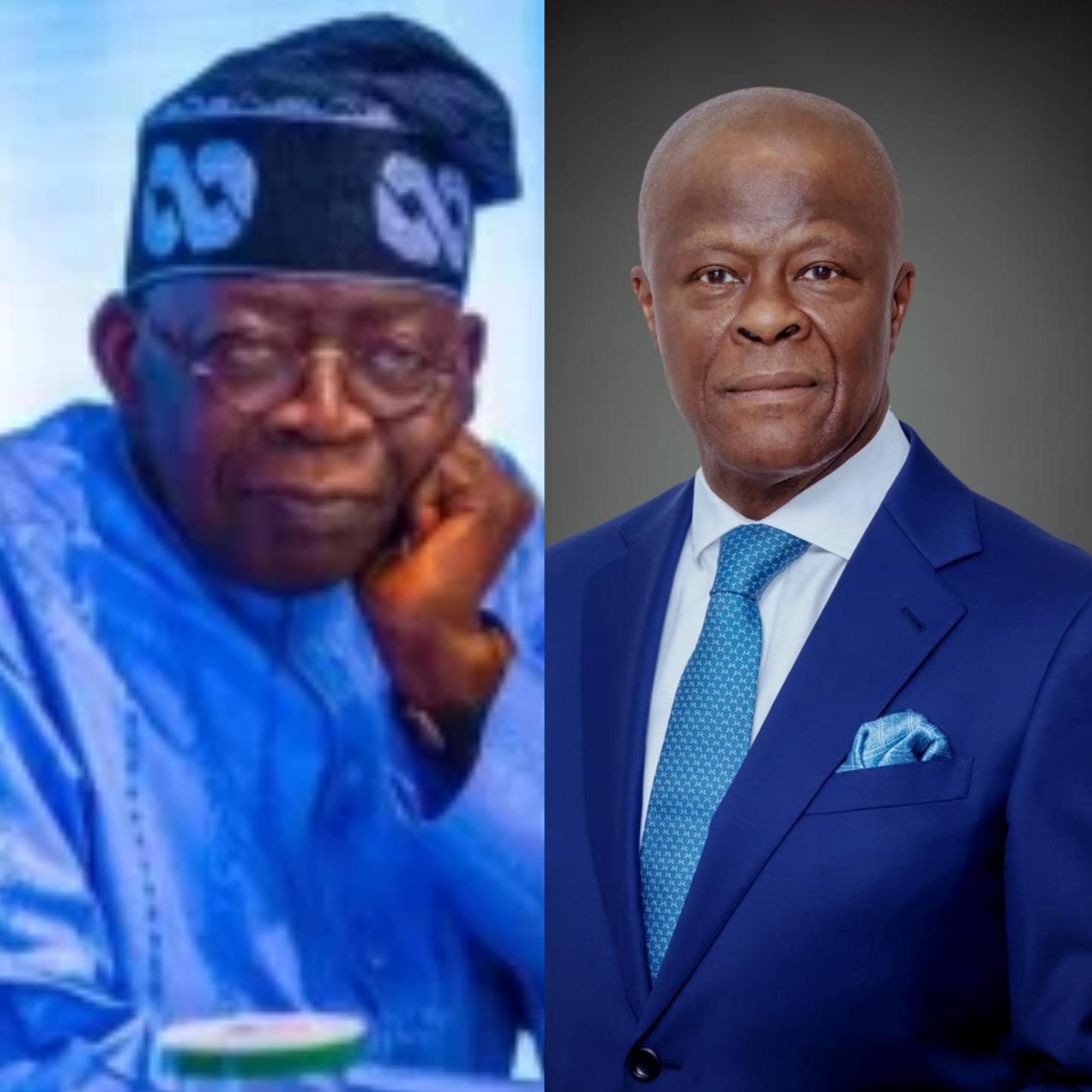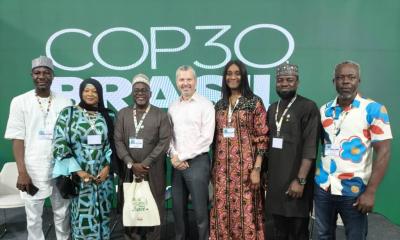Economy
IMF shuns Nigeria as it grants third tranche of debt relief to poor countries

In a report released on Monday, tge IMF said the step will enable the disbursement of grants from the CCRT for payment of all eligible debt service falling due to the IMF from its poorest and most vulnerable members from April 14, 2021, to October 15, 2021, estimated at SDR 168 (US$238) million.
This tranche of grants for debt service relief will continue to help free up scarce financial resources for vital emergency health, social, and economic support to mitigate the impact of the COVID-19 pandemic.
In March 2020, Managing Director of IMF ,Kristalina Georgieva, launched an urgent fundraising effort to raise SDR 1 billion (US$1.4 billion) in grants for the CCRT.
Thus far, donors have pledged contributions totalling about $774 million, including from the European Union, the UK, Japan, Germany, France, the Netherlands, Switzerland, Norway, Singapore, China, Mexico, Philippines, Sweden, Bulgaria, Luxembourg, and Malta.
The beneficiaries of the previous CCRT tranche are Afghanistan, Benin, Burkina Faso, Burundi, Central African Republic, Chad, Comoros, the Democratic Republic of the Congo, Djibouti, Ethiopia, and The Gambia.
Others are Guinea, Guinea-Bissau, Haiti, Liberia, Madagascar, Malawi, Mali, Mozambique, Nepal, Niger, Rwanda, São Tomé and Príncipe, Sierra Leone, Solomon Islands, Tajikistan, Togo and Yemen.
Executive Directors welcomed the opportunity to consider the approval of grants under the Catastrophe Containment and Relief Trust (CCRT) to support the third tranche of debt service relief for the Fund’s poorest and most vulnerable members.
They noted that the COVID-19 pandemic continues to exact a severe human and economic toll on these countries and that the resources freed up by the first and second tranches of CCRT debt service relief had helped mitigate the impact of the pandemic.
Directors agreed that the available resources and pledges are sufficient to finance the third tranche of debt service relief for the period from April 14 to October 15, 2021.
Directors concurred that countries that received the CCRT grants for debt relief are generally pursuing appropriate macroeconomic policies in response to the economic fallout from the global pandemic.
The Fund directors noted the progress made in implementing governance safeguards commitments regarding COVID-19 related spending in CCRT-eligible countries.
Business
National Single Window goes live in March, 2026

Economy
We haven’t stopped Customs, FIRS, NUPRC, others from deducting cost of revenue collection at source – FG

Economy
Le Look Nigeria marks 40 years of ingenious local fabric branded bags on October 1st

-

 Headlines3 months ago
Headlines3 months agoEx-NIWA boss, Oyebamiji, emerges most media-friendly CEO in maritime industry
-

 Headlines4 days ago
Headlines4 days agoFIFA sends Nigeria’s Super Eagles to 2026 World Cup, awards boardroom scoreline of 3 goals to nil against DR Congo
-

 Headlines3 months ago
Headlines3 months agoMARAN pulls industry’s stakeholders to unveil its iconic book on Maritime industry.
-

 Customs3 months ago
Customs3 months agoHow Comptroller Adenuga is raising revenue profile of Seme command, facilitating regional trade.
-

 Headlines3 months ago
Headlines3 months agoNigeria showcases readiness for compliance with IMO decarbonization policy at Brazil conference
-

 Headlines3 months ago
Headlines3 months agoOndo govt inaugurates former NIMASA Director, Olu Aladenusi, as Special Aide on Marine and Blue Economy

